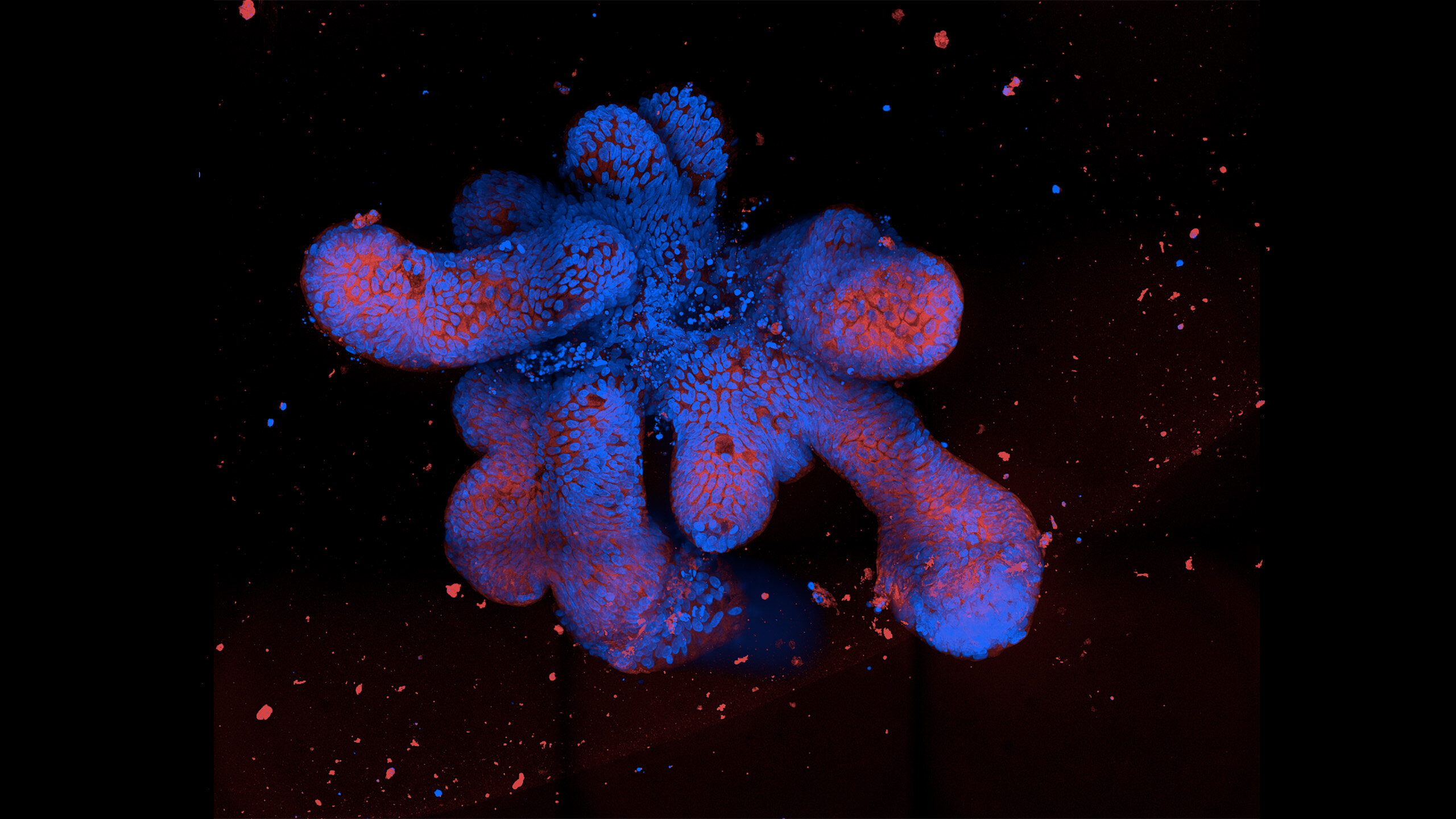Researchers at the University of Cambridge have grown ‘mini-guts’ in the lab to study Crohn’s disease, finding that epigenetic changes in DNA switches of gut cells play a key role in the disease. These mini-guts could lead to personalized treatments for patients by identifying the best treatment options for each individual. By collecting tissue samples from patients with Crohn’s disease and ulcerative colitis, as well as healthy individuals, researchers were able to grow organoids that mimic the gut lining. The study also identified a specific pathway implicated in Crohn’s, offering hope for the development of new treatments tailored to individual patients.
Source link
Lab-grown ‘mini-guts’ could help in development of new and more personalized treatments for Crohn’s disease
